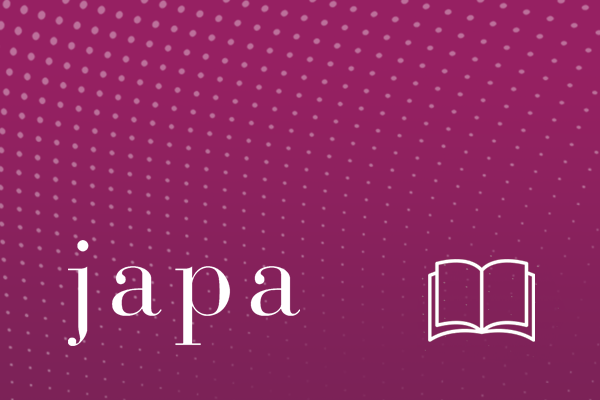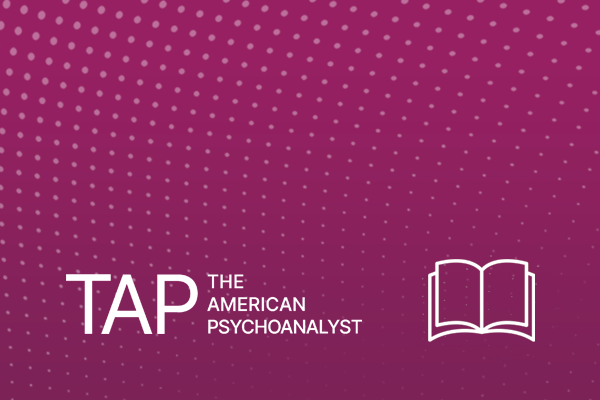In common parlance, a scholarship is something bestowed on worthy students that helps them pay their way through distinguished halls of learning. Active psychoanalytic scholarship is another thing all together; it advances the field by constantly reconsidering core analytic principles and psychoanalytic practices. Psychoanalysis will surely reach a dead end if its practitioners fail to make their way from the consulting room to the writing desk, and it is the mission of the DPE Scholarship and Writing Section to help keep analysis alive by encouraging nascent writers to become full-fledged contributors to the psychoanalytic literature.
Afsaneh Kiany Alisobhani PsyD, Chair
Helping analysts develop writing skills is our chief charge and our efforts take form through many different ventures. The first is the Idea Incubation Workshop available at APsA meetings which provides aspiring writers who have yet to muster the gumption to put pen to paper with an opportunity to present ideas they have been batting about in the recesses of their minds to a panel of journal editors and prolific writers who then help them develop their ideas into publication-worthy submissions.
We have also been circulating a paper entitled Distilling the Essence of Treatment: A Beginner’s Guide to the Retelling of an Analysis, which instructs candidates who are writing up their case work for graduation or promotion or graduated analysts who are approaching the certification process about how effectively and efficiently to present their case work. The paper has been well received and we frequently receive requests from individuals and institutes who want access to this material.
Another project presently underway involves surveying analytic institutes to get a sense of how each approaches the task of instructing candidates about the task of analytic writing. To date, we have collected a list of 70+ papers that are presently being assigned in teaching courses conducted at institutes, and we plan to compile a more complete list for our collective instruction.
The Journal Profiling Project aims to survey journal editors to collect data about each of the 36 presently published analytic journals. The culled information will then be made available to authors and would-be authors. This project aims to help writers better understand the at times mysterious process of getting one’s work into print. We aim to create a one-stop shop that provides potential submitters with an overview of the requirements and preferences of currently published journals to help writers better decide which journal might be best suited for their submission. This information will help authors navigate the writing, submission, and publication process.
Learn More



